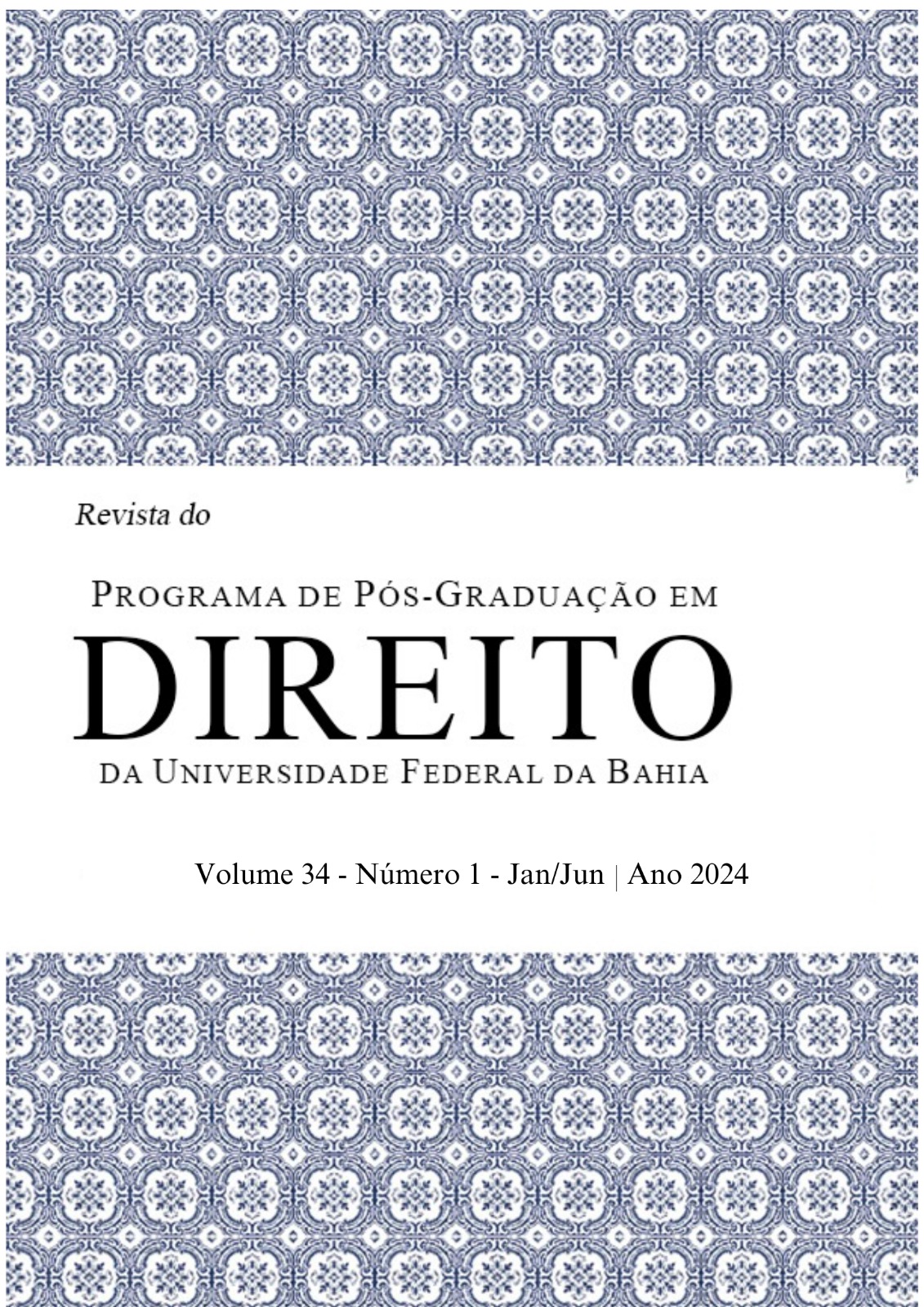35 YEARS OF BRAZILIAN CONSTITUTION: CONSTITUTIONAL AMENDMENT No. 115/2022 AND THE IMPORTANCE OF PROTECTING PERSONAL DATA AS A FUNDAMENTAL RIGHT
DOI:
https://doi.org/10.9771/rppgd.v34i0.60420Palavras-chave:
35 years of Constitution; Constitutional Amendment No. 115/2022; Fundamental rights; Fundamental Right to Personal Data Protection; LGPD.Resumo
This work should be considered a panoramic work, which establishes the process of evolution of the Fundamental Right to the Protection of Personal Data in Brazil, taking as a starting point the Constitution of the Federative Republic of Brazil of 1988, until its formalization as a Fundamental Right Autonomous and Express through Constitutional Amendment No. 115/2022. Furthermore, the work addresses the social and economic aspects that demonstrate the context and importance of having the protection of personal data as a Fundamental Right, which binds all agents in society. Finally, the work addresses the infraconstitutional peculiarities of personal data protection in Brazil, to demonstrate how this Fundamental Right behaves outside the constitutional text. The method used was hypothetical-deductive, using bibliographic and documentary resources. Finally, the Fundamental Right to the Protection of Personal Data functions as a very important right to protect subjects in private relationships, so that it is possible to affirm, in the 35 years since the Constitution of the Federative Republic of Brazil of 1988, that the constitutional text remains compromised with the preservation of the axiom of the Dignity of the Human Person and in providing answers to the social and economic dilemmas experienced by society.Downloads
Downloads
Publicado
Como Citar
Edição
Seção
Licença
Copyright (c) 2024 Revista do Programa de Pós-Graduação em Direito

Este trabalho está licenciado sob uma licença Creative Commons Attribution-NonCommercial-NoDerivatives 4.0 International License.
1. Autores mantém os direitos autorais e concedem à revista o direito de primeira publicação, com o trabalho simultaneamente licenciado sob a Licença Creative Commons Atribuição 4.0 Internacional que permite o compartilhamentodo trabalho com reconhecimento da autoria e publicação inicial nesta revista.
2. Autores têm autorização para assumir contratos adicionais separadamente, para distribuição não-exclusiva da versão do trabalho publicada nesta revista (ex.: publicar em repositório institucional ou como capítulo de livro), com reconhecimento de autoria e publicação inicial nesta revista.
3. Autores têm permissão e são estimulados a publicar e distribuir seu trabalho online (ex.: em repositórios institucionais ou na sua página pessoal) a qualquer ponto antes ou durante o processo editorial, já que isso pode gerar alterações produtivas, bem como aumentar o impacto e a citação do trabalho publicado

